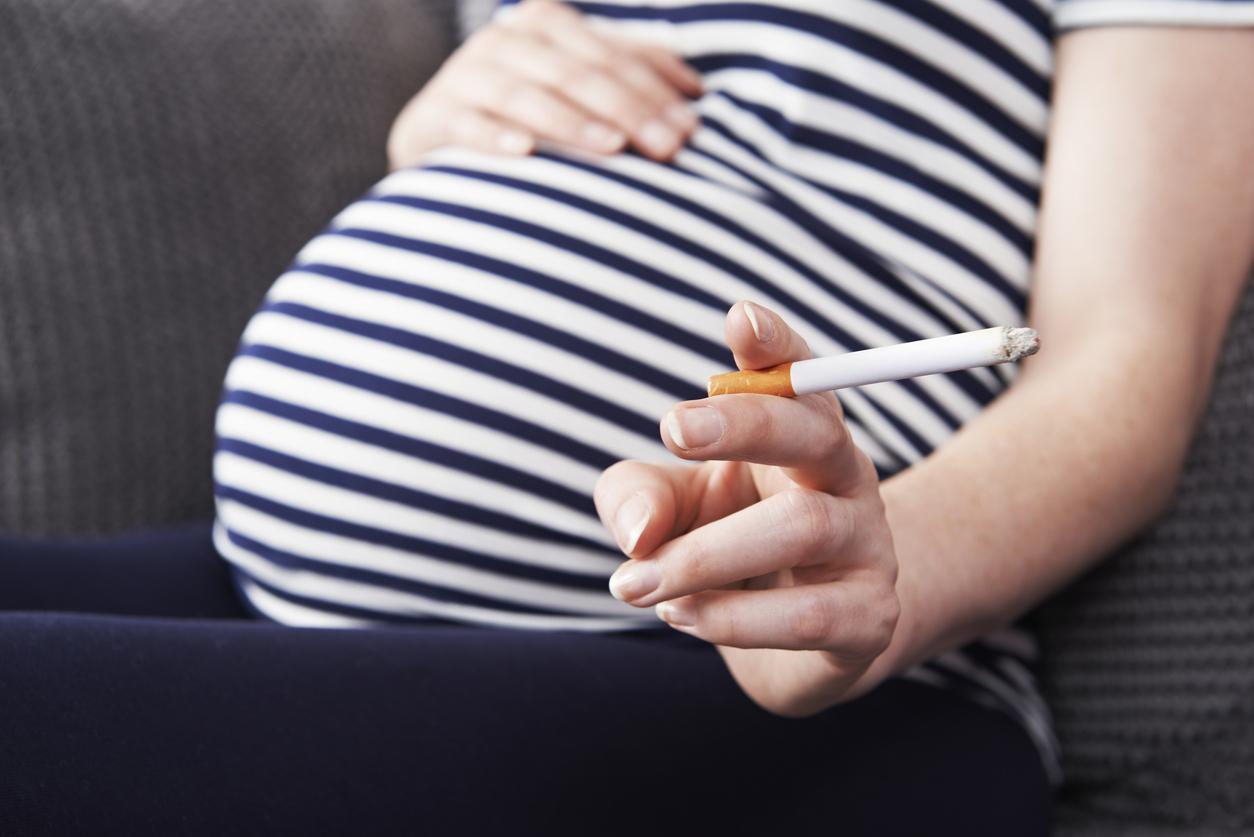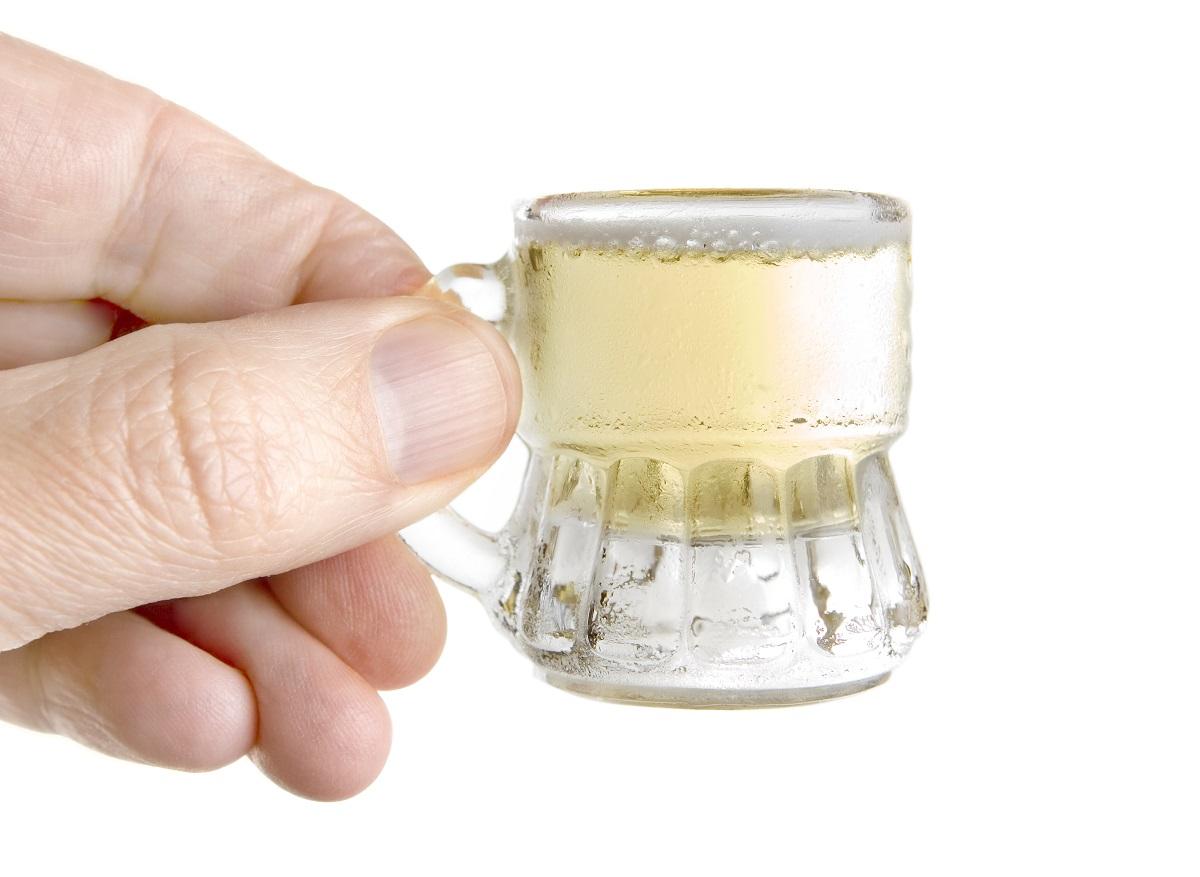Drinking alcohol excessively in one evening is more harmful to liver health than having a few drinks during the week and increases the risk of cirrhosis.

- People who drink excessively and have a certain genetic profile are six times more likely to develop alcohol-related cirrhosis, a new study suggests.
- Liver disease is one of the leading causes of premature death worldwide. 2-3% of the world’s population suffers from cirrhosis or liver disease.
- The genetic profile as well as the method of alcohol consumption can be indicators of the risks of cirrhosis and liver disease.
Drinking a lot of alcohol in one evening is worse for the liver than if the glasses are spread out over the week, especially if you suffer from type 2 diabetes or if you have a genetic predisposition to alcohol-related cirrhosis. This is what a study carried out by theUniversity College London (UCL), Royal Free Hospital as well as the universities of Oxford and Cambridge.
Cirrhosis : the way of consuming alcohol has a impact on the liver
The researchers’ work, published in Nature Communicationsshow that how one drinks alcohol is a more accurate indicator of risk for liver diseases like cirrhosis than the overall amount consumed. The team analyzed the records of 312,599 actively drinking adults who joined the cohort UK Biobank to assess the impact of alcohol consumption pattern, genetic predisposition and type 2 diabetes on the probability of developing alcoholic cirrhosis.
The results show that people who indulged in excessive alcohol consumption (at least 12 units of alcohol per day) at a specific time during a week, were three times more likely to develop cirrhosis compared to those who drank this amount spread over 7 days. The risk for individuals with a high genetic predisposition of developing cirrhosis was four times greater. Type 2 diabetics who ingested a lot of alcohol over a short period of time had a twice the risk of suffering from liver disease.
“When excessive alcohol consumption and a high genetic predisposition were at play, the risk of developing alcohol-related cirrhosis was six times higher than the baseline risk. The addition of type 2 diabetes also results in an even higher risk.”specifies press release published on December 14.

Disease liver : several elements must be taken into account
So, for British scientists, it could be interesting to take into account the genetic profile (via polygenic risk score) of patients as a method of defining personalized disease risk. However, their work also demonstrates that the mode of alcohol consumption has a significant impact on liver health and that it must also be evaluated during consultations.
The doctor Gautam Mehta’sUCL and the Royal Free Hospital, lead author of the study, explains: “While genetics play a role, this research highlights that drinking habits are also a key factor. Our results suggest, for example, that it would be more harmful to drink 21 units in one or two evenings rather than spreading them evenly over a week. Adding genetic information – which could be widely used in healthcare in coming years – allows for even more accurate risk prediction“.
Dr Steven Bell from the University of Cambridge who also worked on this research, adds: “As liver disease, particularly alcohol-related deaths, has seen a significant increase since the start of the Covid-19 pandemic, it East imperative that we adopt innovative strategies to address this growing crisis. This study gives us essential new tools to identify those most at risk, allowing us to direct interventions more effectively to those who will benefit most.”

















